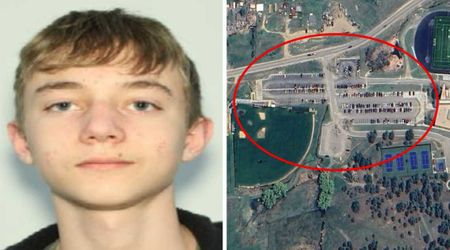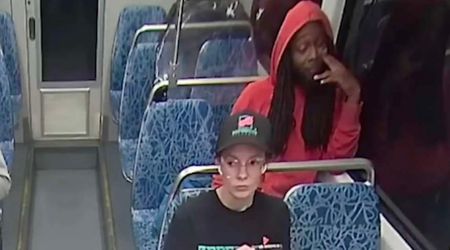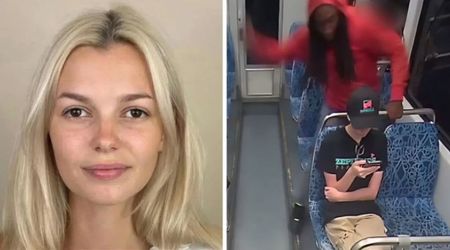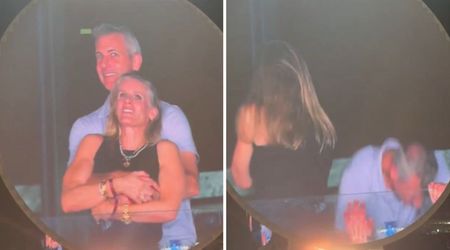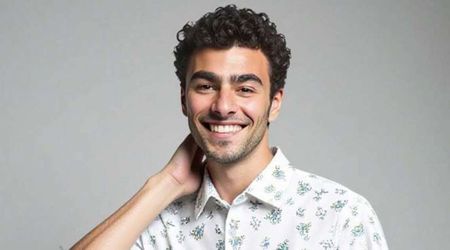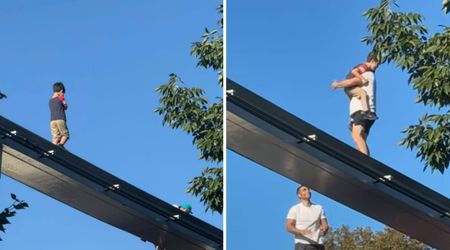NASA astronauts might not receive stellar compensation after brutal nine-month ordeal in space

WASHINGTON, DC: Imagine clocking in for work for an eight-day shift, only to find out you’re stuck at the office for nine months—and the overtime pay is practically nothing.
(L to R) NASA astronaut Butch Wilmore, Roscosmos cosmonaut Aleksandr Gorbunov, NASA astronauts Nick Hague and Sunita Williams, right are seen inside a SpaceX Dragon spacecraft aboard the SpaceX recovery ship MEGAN shortly after having landed in the water off the coast of Tallahassee, Florida, Tuesday, March 18, 2025 (Keegan Barber/NASA)
That’s exactly what happened to NASA astronauts Sunita Williams and Butch Wilmore, who just returned from a grueling extended stay aboard the International Space Station (ISS).
After nearly a year stranded in outer space, their compensation might just be laughably low, the Daily Mail reported.
How much do you get for being stranded in space?
Sunita Williams and Butch Wilmore were originally supposed to be back on Earth last year, but their return spacecraft malfunctioned and left them stuck in orbit with no way home. NASA had to shuffle things around, eventually reassigning them to Crew-9—a mission that launched in September specifically to rescue them.
Finally, on Tuesday, after 286 days in space, Williams and Wilmore splashed down off the coast of Florida in a SpaceX Crew Dragon capsule, alongside their rescuers Nick Hague and Aleksandr Gorbunov.
After enduring muscle loss, vision problems, and a whole lot of floating around in zero gravity, NASA is expected to compensate them for their unexpected extension. But let’s just say, they won’t exactly be rolling in cash.
If you’re thinking NASA astronauts must have some kind of hazard pay for being stranded in space, think again. Turns out, they only get a tiny daily stipend on top of their base salary.
Former NASA astronaut Cady Coleman told The Washingtonian that astronauts only receive a small “incidentals” payment, which is basically the bare minimum NASA is legally required to pay them.
"For me, it was around $4 a day," Coleman revealed, noting that she received about $636 in extra pay for her entire 159-day mission from 2010 to 2011.
That means Williams and Wilmore, who earn somewhere between $125,133 and $162,672 per year, could be looking at a little over $1,000 in extra cash for their nine-month space saga.
Breaking it down, their basic pay for nine months in space is around $93,850 to $122,004. Adding in incidentals, their pay jumps to the range of $94,998 to $123,152.
However, there isn't any overtime, hazard pay, or bonus for being stuck in space. NASA covers their food, lodging, and transportation, but no extra cash for their unexpected outer-space extended stay.
Being stuck in space for nine months comes with health risks
While NASA astronauts are highly trained professionals, they’re still human.
Spending months in microgravity comes with serious physical challenges—muscle atrophy, bone loss, vision issues, and an absolutely brutal adjustment back to Earth’s gravity.
After their return, Williams and Wilmore were immediately loaded onto stretchers—a standard procedure for astronauts who’ve been weightless for that long. They’re now undergoing health checks at NASA’s Johnson Space Center in Houston, where they’ll spend days being monitored as their bodies readjust to gravity.
Steve Stich, program manager for NASA's Commercial Crew Program, said at a news conference that "the crew’s doing great."
But aside from the physical toll, the mental stress of suddenly being told you’re not coming home anytime soon is no joke.
"If you found out you went to work today and were going to be stuck in your office for the next nine months, you might have a panic attack," said Joseph Keebler, a psychologist at Embry-Riddle Aeronautical University, in an interview with AFP.
He added that the astronauts’ ability to stay mentally strong through all of this shows "unbelievable resilience."
NASA salaries and politics around the rescue
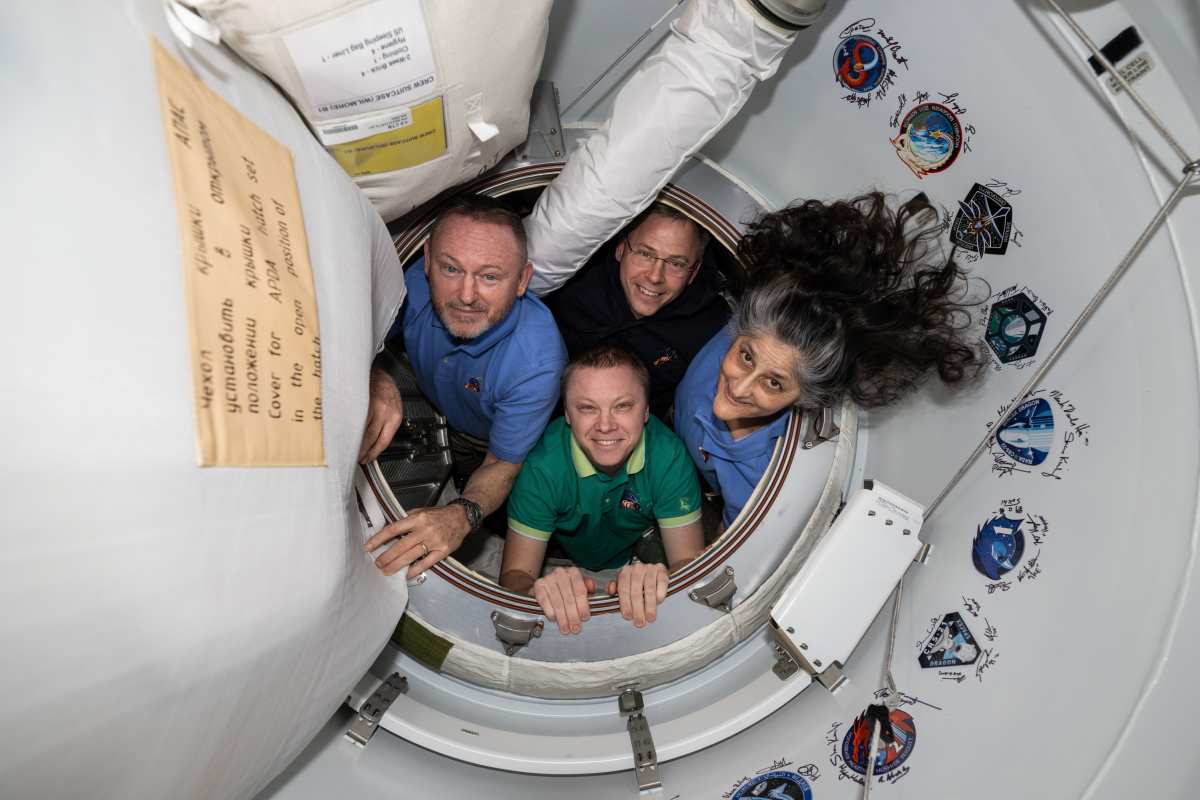
This has sparked a discussion about NASA salaries. Turns out, even space legends weren’t exactly raking in cash.
Neil Armstrong, the first man on the moon, made $27,401 in 1969—though that would be around $225,000 today when adjusted for inflation.
Frank Rubio holds the record for the longest US space mission at 371 days—but his exact pay isn’t public. That said, Russian cosmonaut Valeri Polyakov holds the world record for longest continuous spaceflight at 437 days.
NASA salaries are based on GS-15 pay scales, which last year ranged from $123,041 to $159,950. But even at the top of that range, it's clear that astronaut paychecks aren’t as astronomical as you might expect.
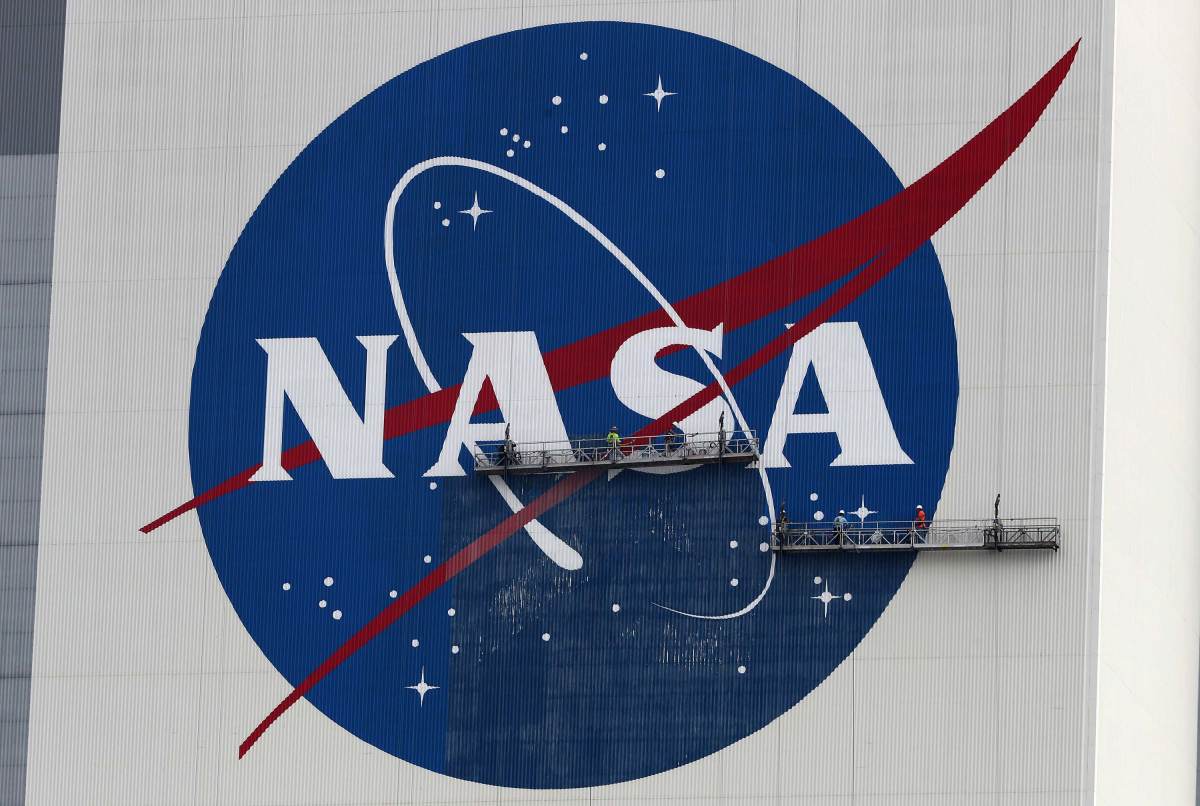
Of course, this isn’t just a wild feat of survival—the story has also become a political lightning rod.
President Donald Trump and his "first buddy" Elon Musk—who owns SpaceX—have not been quiet about this mission. They have repeatedly accused former president Joe Biden of abandoning the NASA astronauts when their spacecraft failed, insisting there was an earlier rescue plan that Biden refused to approve, the Daily Mail noted.

